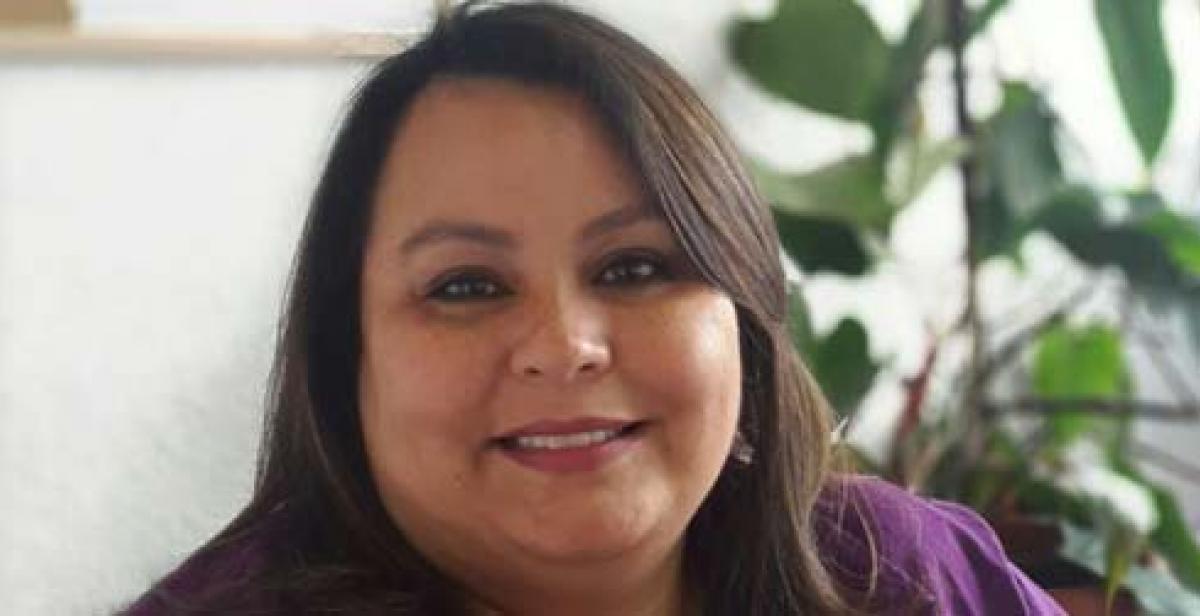Progressio has been working on gender in Honduras for several decades. To celebrate International Women’s Day, Glenda Rodriguez, Progressio’s Central America Sub-Regional Manager, talks to us about being a woman in Honduras.
What would you say are the main challenges facing women in Honduras?
The main challenge facing women in Honduras remains machismo, which is visible at all levels. Honduras has made a significant leap in terms of developing laws and policies protecting women and promoting gender equality. However, the lack of will, caused by machismo, to implement legislation and policies, ensures that levels of femicide in the county remain high and the participation of women in public spaces and in decision making is low.
Is poverty gendered? By this we mean, do women and men experience poverty in the same way or differently in Honduras?
Definitely. In the past years, women in Honduras have become the head of the household, responsible for the children and their wellbeing. As a result, women have to spend long hours in their paid jobs, and after they return home, they resume their ‘historical obligation’ of non-paid work in the home. This has a detrimental impact on their wellbeing and quality of life. Furthermore, this reduces the opportunities for them to actively participate in the political, social and cultural spheres.
Currently in Honduras there is a debate about a law promoting equal pay for men and women, as well as a law reform about the allocation of an equal share of property acquired during marriage to both spouses. As expected, these two initiatives have faced a media barrage against their approval.
If you compare your generation with that of a girl today in Honduras, have you noticed any changes when it comes to women’s rights or gender equality?
Yes, there have been changes. Increasingly more women finish their high school education and their university degrees. Spaces for information about women’s rights have been created. An Anti-Domestic Violence Law, a General Equity Law, and an Equal Opportunities Policy have been approved. The quotas for women participation in political parties have increased. Lastly, the work of civil society organisations in Honduras has contributed to greater awareness among young women, who as a result have started demanding for their rights and to participate in the public sphere and in decision making.
How would you rate women’s representation in government and in other key institutions, such as the judiciary, academia or the media?
In Honduras, a quota for the participation of women in political parties has been achieved and, as a result, women are represented in the National Congress and in several state institutions. However, they still require significant empowerment in terms of their participation. Often when they take up political positions, women resign and are replaced by men, or they are not able to make independent decisions as they are unable to break away from their parties’ official backbench line, which of course is led by men. On a positive note, in recent months a group of women in the National Congress have agreed that whenever there are laws presented focusing on improving the living standards of women, they work as a group, even if they are from different political parties.
In academia, I would highlight the role of Dr Julieta Castellanos, sociologist and rector of the National Autonomous University of Honduras, who had the courage to denounce at national and international levels the corruption that has existed within the National Police. Her stand has made her the leader in the fight against corruption in Honduras.
In terms of the media, civil society organisations are making an effort to build the capacity of journalists on gender equality issues and the use of gendered language.
Progressio has been working in Honduras for several decades. What would you say has been Progressio’s contribution and impact on gender equality in Honduras?
Progressio’s contribution to gender and gender equality has been key in the communities we have worked in. This aided the development of leadership among the communities and allowed for women participation in terms of civic participation and decision making.
The fact that for years we placed international development workers, who were gender experts and came from countries far more advanced in terms of gender equality, contributed to strengthening gender awareness in many local organisations, who had only just started discussing equal rights for men and women.
What can Progressio’s supporters in the UK do for the women’s movement in Honduras?
They can support the efforts of national and international advocacy by taking part in campaign actions, promoting the rights of women in Honduras.
What message would you like to leave for men and women on International Women’s Day?
I would like to be able to live in a world full of wealth for women, not only economic, but also social, cultural and environmental. A world where women can feel safe and enjoy our full rights.



